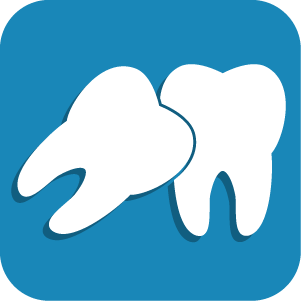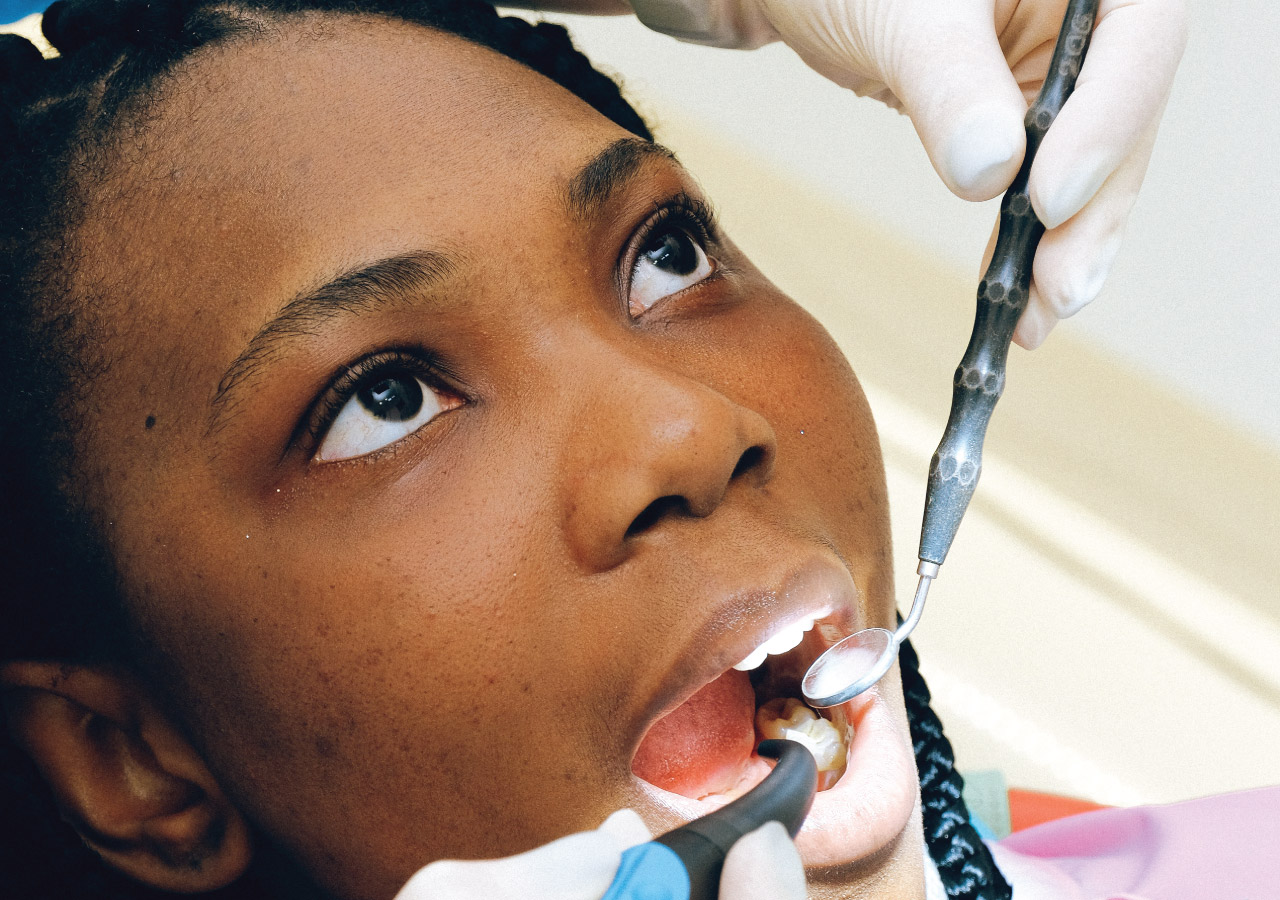Extractions & Wisdom Teeth
At times having a tooth taken out is the best option for broken down or decayed teeth. While it can seem like a daunting experience we hope you can learn more about what this procedure involves by following the link below.

What should you expect when you are scheduled for a tooth extraction?
We will get the area numb just like we would when doing a filling or crown. The anesthetic that numbs the area will keep you from feeling any pain but does not get rid of the sensation of pressure. Because of this you will feel some pushing and pressure. We always want our patients to be comfortable and if you need a break or are feeling too much, we encourage you to let us know! After the tooth is removed we will review how to take care of the extraction site and how to best manage pain. In most cases a small amount of bleeding is normal as well as being a bit tender for a few days. To allow healing to go well we need the blood clot at the extraction site to stay in place, the following recommendations allow this to occur:
On the day of an extraction:
- We recommend going home and kicking your feet up, rest will help the healing process get started right!
- No heavy lifting or overexertion. No exercising for 1-2 days. Following a few days of rest we recommend easing back in to physical activity. If you feel the extraction site starting to throb that is a sign you may be working too hard.
- We will normally review pain management but please ask about pain medication if you have any concerns or questions. For general extractions, most patients do well with Ibuprofen and Tylenol.
- All the suggestions listed below also apply here.
For the next 4-5 days following an extraction:
- It is best not to smoke or drink alcohol following an extraction.
- Rinsing your mouth vigorously or with strong mouth rinses is not recommended either.
- No drinking through straws
- Avoid foods that have seeds, nuts, popcorn kernels, etc. These have the potential of getting stuck in the extraction site and causing problems for healing.
- It is ok to gently rinse with warm salt water (One cup of warm water + tsp. salt)
- For pain or swelling, apply a cold cloth or an ice bag.
- You can brush and floss the other teeth as usual. But don’t brush the extraction site and be very gentle cleaning the teeth around the extraction site.
Wisdom Teeth
Often Wisdom teeth develop problems that require their removal. When the jaw isn’t large enough to accommodate wisdom teeth, they can become impacted (unable to come in or misaligned). Wisdom teeth may grow sideways, emerge only part way from the gum or remain trapped beneath the gum and bone, these are all potential reasons to have them removed.
Extraction of wisdom teeth is generally recommended when:
- Wisdom teeth only partially erupt leaving an opening for bacteria to enter around the tooth and cause an infection. Pain, swelling, jaw stiffness and general illness can result.
- Partially erupted wisdom teeth that have the potential to cause bone loss around neighboring healthy teeth.
- Poorly aligned wisdom teeth that long-term can cause more harm than good.
- Impacted wisdom teeth that will not erupt into the mouth and cause potential harm to neighboring teeth.
When considering taking out your wisdom teeth, a panoramic x-ray is taken to evaluate the positioning and development of the wisdom teeth. The dentist will advise when to get them removed and if they should come out or not.
Can I be sedated for my extractions?
Dr. Baldwin completed residency training where he became proficient at removing wisdom teeth. He is also certified to do I.V. sedation, which many patients opt to do while getting their wisdom teeth out. If you would like to learn more about getting your wisdom teeth out please call, or come in for a consultation and see what we have to offer at Baldwin Family Dental!


